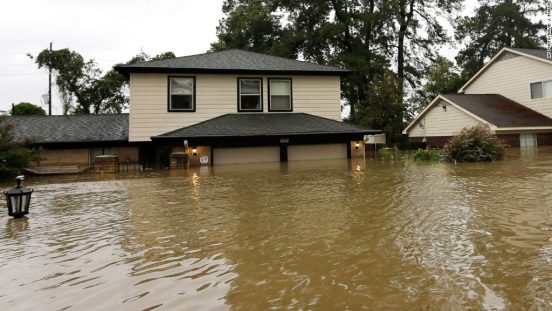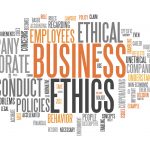
Pictured above is a textbook example of price gouging. Normally $15.99 USD at Staples, this photo of Dasani 24-packs selling at $42.96 at Best Buy due to the after-effects of Hurricane Harvey went viral earlier this month.
The forces of supply and demand have always shared an intimate relationship in which each one tries to restore equilibrium when the other fluctuates. Price gouging, or when sellers mark up goods and services much higher than normal, is an extreme case of this equilibrium-seeking action which often occurs when alternative options to the goods and services offered are scarce. In situations such as Houston’s post-hurricane Harvey economy, the suddenly diminished supply quantity leads to demand sharply increasing in response, creating increasingly prevalent incidences of price-gouging.
On one hand, one can argue that price gouging is the economy’s way of naturally regulating itself. Prices go up because demand is higher. It can even be said that price gouging is a critical economic tool to ensure that supplies last in order to meet ongoing demand (McCaffrey, 2013). In Houston’s situation by raising the price, it is harder for one person alone to “stock up just in case” and buy up all the water, leaving more for the next person. In addition, rising prices may incentivize neighboring businesses to ship essential supplies from outside of the disaster area, selling them at a premium as normally the combined costs of paying overtime wages and shipping costs would prove that venture unprofitable. This higher influx flow of goods may actually encourage the economy to recover faster while at the same time minimizing the stockpiling of scarce supplies.
Though price gouging sounds good on paper, however, what the exploitative action fails to do is to acknowledge the ethical significance of selling goods and services at unreasonable prices. Overcharging disaster victims is wrong- and while the more affluent can brush off the high price-tags as a small nuisance, hotels that charge 3-4 times their regular price and gas that costs $3.3 / litre (Fox, 2017) are simply far too expensive for the less fortunate, whom already may have just lost their properties and houses.
Though it is possible to make an argument that rationally, price-gouging may be beneficial to the recovery of an economy, the moral implications of jacking up prices far outweigh the potential benefits brought by price gouging, and some companies have begun to recognize that. Shortly after the picture of the $42.96 case of water went viral, BestBuy swiftly issued a public apology. Many governments have realized this also, and have taken action in the form of laws to protect their citizens from price-gauging during the aftermaths of natural disasters.
Word Count: 444
http://www.washingtonexaminer.com/in-houston-after-hurricane-harvey-price-gougers-have-the-moral-high-ground/article/2632942
https://www.staples.com/Dasani-Water-500mL-Bottles-24-pack/product_219201
https://www.cnbc.com/2017/08/28/price-gouging-during-hurricane-harvey-up-to-99-for-a-case-of-water-texas-ag-says.html
http://www.huffingtonpost.ca/peter-mccaffrey/5-reasons-price-gouging-is-okay_b_3487621.html





